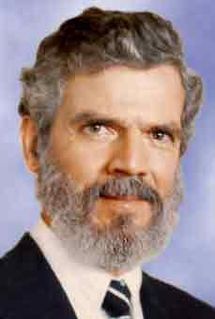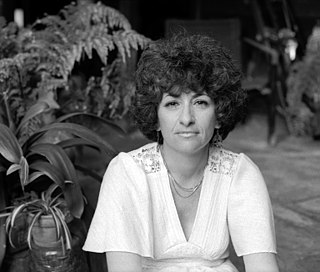A Quote by Jane Addams
Our conceptions of morality, as all our other ideas, pass through a course of development; the difficulty comes in adjusting our conduct, which has become hardened into customs and habits, to these changing moral conceptions. When this adjustment is not made, we suffer from the strain and indecision of believing one hypothesis and acting upon another.
Related Quotes
Our knowledge and our ability to handle our problems progress through the open conflict of ideas, through the tests of phenomenological adequacy, inner consistency, and practical-moral consequences. Reason may err, but it can be moral. If we must err, let it be on the side of our creativity, our freedom, our betterment.
We are masters of our actions from the beginning up to the very end. But, in the case of our habits, we are only masters of their commencement - each particular little increase being as imperceptible as in the case of bodily infirmities. But yet our habits are voluntary, in that it was once in our power to adopt or not to adopt such or such a course of conduct.
All rituals are paradoxical and dangerous enterprises, the traditional and improvised, the sacred and the secular. Paradoxical because rituals are conspicuously artificial and theatrical, yet designed to suggest the inevitability and absolute truth of their messages. Dangerous because when we are not convinced by a ritual we may become aware of ourselves as having made them up, thence on the paralyzing realization that we have made up all our truths; our ceremonies, our most precious conceptions and convictions - all are mere inventions.
Because we have for millenia made moral, aesthetic, religious demands on the world, looked upon it with blind desire, passion or fear, and abandoned ourselves to the bad habits of illogical thinking, this world has gradually become so marvelously variegated, frightful, meaningful, soulful, it has acquired color - but we have been the colorists: it is the human intellect that has made appearances appear and transported its erroneous basic conceptions into things.
If we are in Christ the whole basis of our goings is God, not conceptions of God, not ideas of God, but God Himself. We do not need any more ideas about God, the world is full of ideas about God, they are all worthless, because the ideas of God in anyone’s head are of no more use than our own ideas. What we need is a real God, not more ideas about Him.
Whether we know it or not, we transmit the presence of everyone we have ever known, as though by being in each other's presence we exchange our cells, pass on some of our lifeforce, and then we go on carrying that person in our body, not unlike springtime when certain plants in fields we walk through attach their seeds in the form of small burrs to our socks, our pants, our caps, as if to say, 'Go on, take us with you, carry us to root in another place.' This is how we survive long after we are dead. This is why it is important who we become, because we pass it on.
Lastly, our ancestors established their system of government on morality and religious sentiment. Moral habits, they believed, cannot safely be trusted on any other foundation than religious principle, nor any government be secure which is not supported by moral habits.... Whatever makes men good Christians, makes them good citizens.






































